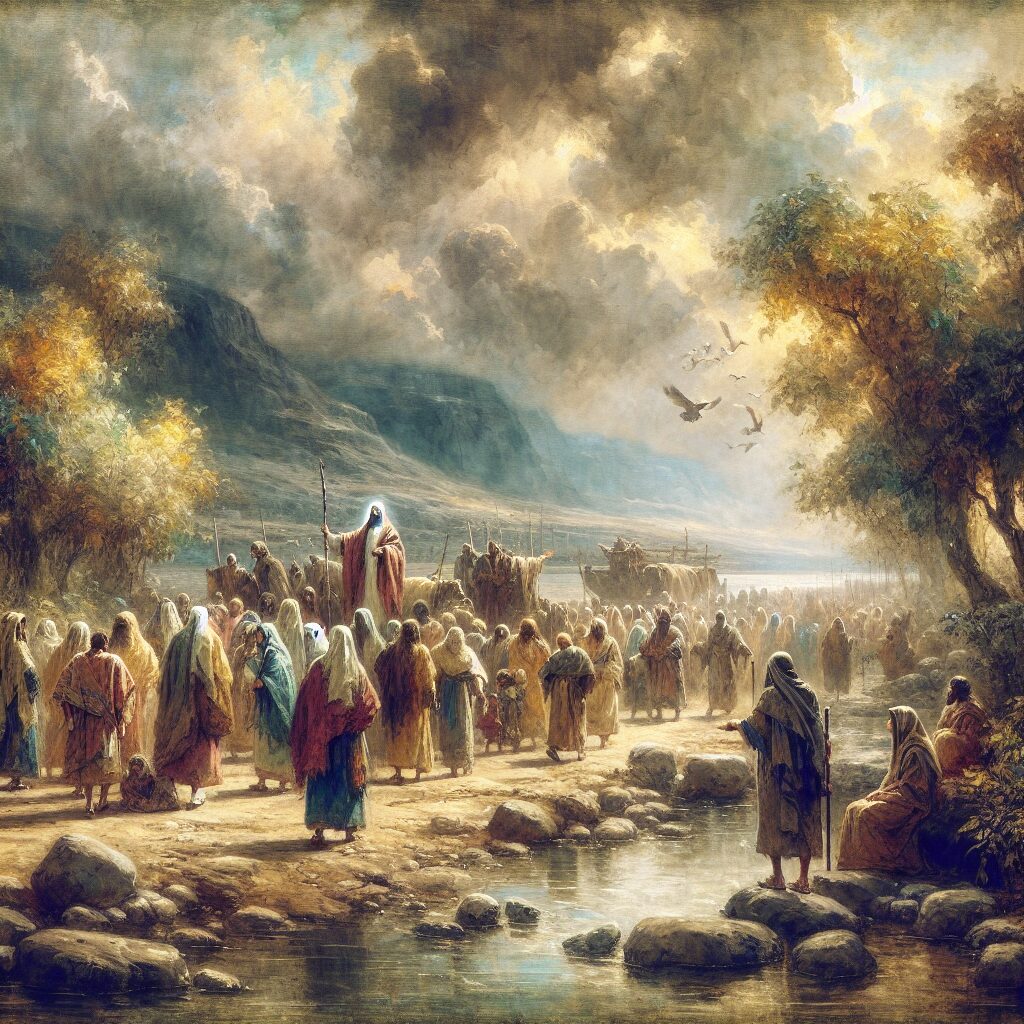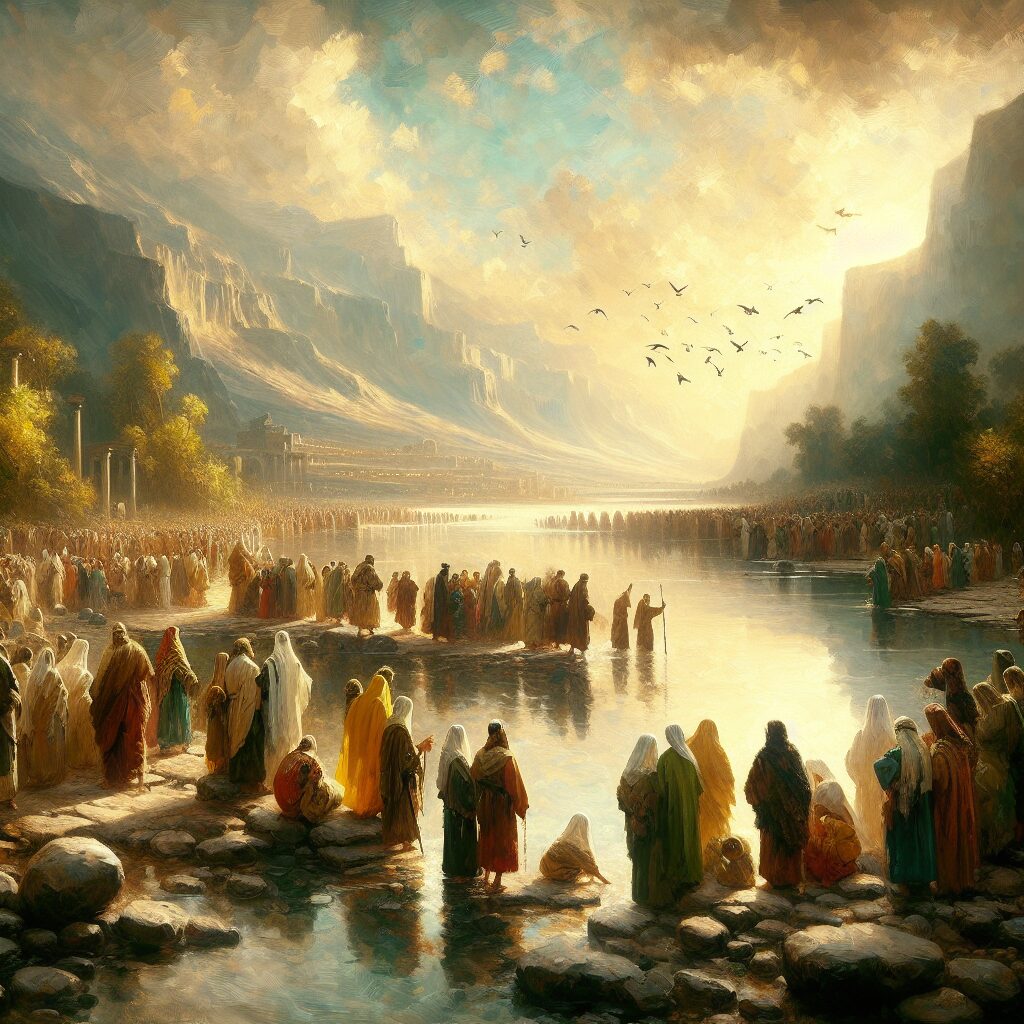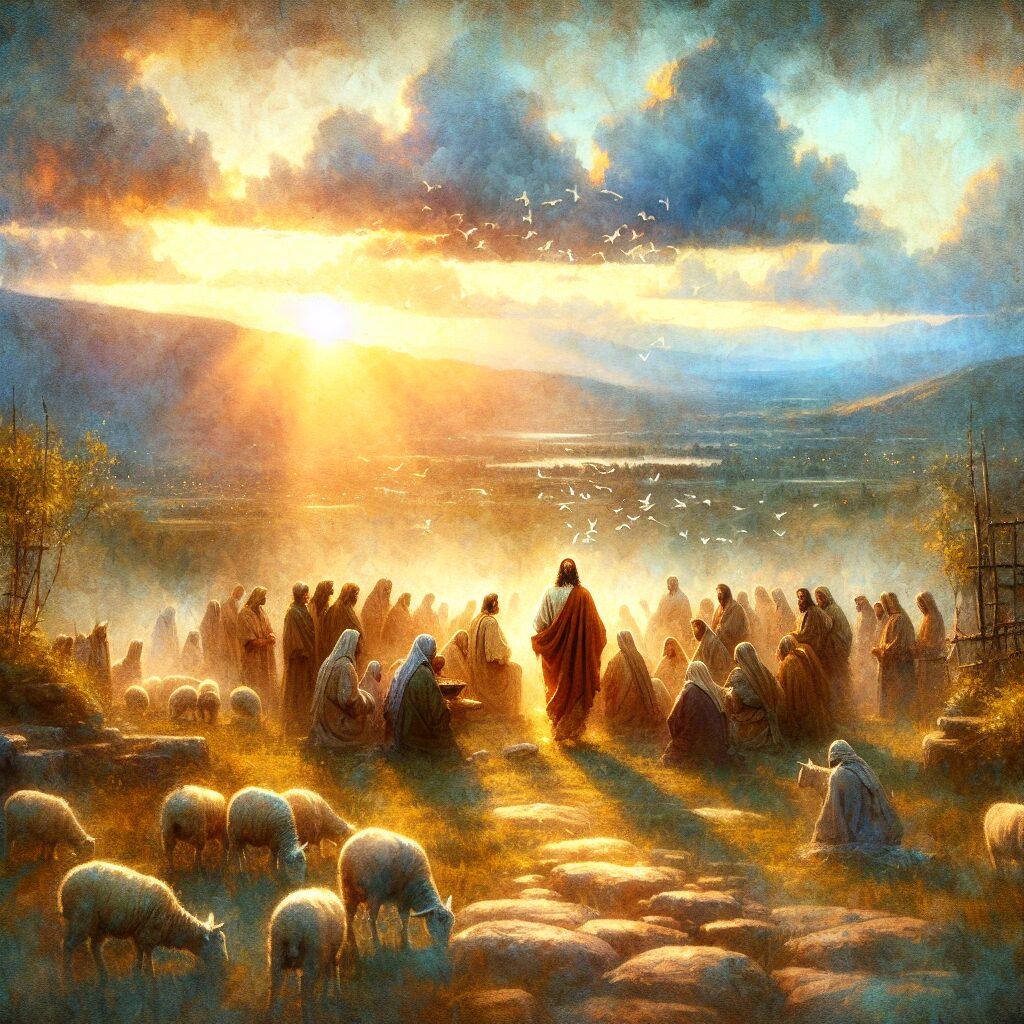Daily Bible Affirmation for December 21, 2020 – Exodus 13:12

Bible Verse
“you shall set apart to the Lord all that first opens the womb. All the firstborn of your animals that are males shall be the Lord’s.” – Exodus 13:12
Reflection
Exodus 13:12 encapsulates a practice vital to the Israelites as they journeyed from bondage to freedom—a ritual of setting apart the firstborn to the Lord. This passage is a poignant reminder of the sacrificial love and commitment that God invites us to embody in our spiritual journeys.
Taking a deep dive into this verse, we find that the act of consecrating the firstborn is an acknowledgment of the freedom God granted the Israelites after centuries of enslavement in Egypt. It is an act of both gratitude and trust, acknowledging God’s supremacy and faithfulness. In parallel, we are invited to reflect on what it means to set apart aspects of our own lives for God’s purpose.
In our everyday lives, setting apart can manifest in various forms—our time, talents, resources, or even goals that align with God’s teachings. In essence, it asks us to align our lives in a way that reflects divinity, grace, and generosity, embodying love for God and others. It’s a gentle nudge to evaluate what we hold dear and how we might dedicate it to a greater purpose that serves not just our immediate circle, but the community and beyond.
By offering our ‘first fruits’—be it time in prayer, resources to help others, or our best efforts in acts of kindness—we open ourselves more fully to God’s blessings. In doing so, we partner with God in bringing a piece of heaven to earth. It’s not merely about obligation, but about stepping into a relationship that transforms us and those around us.
Moreover, this practice of setting apart reminds us of the importance of intentional living, nurturing qualities like gratitude, generosity, and humility. When we cultivate these attributes, we invite peace, joy, and fulfillment into our lives. We become mirrors of God’s unconditional love, reflecting it into a world that yearns for connection and understanding.
Setting apart is a practice of faith—an act that transcends duty and touches on the beautiful mystery of God’s provision. It’s an invitation to participate in a narrative much larger than our own, one that is filled with hope, renewal, and a deep sense of belonging.
Closing Thought
Embrace the spirit of setting apart parts of your life for God’s purpose, allowing gratitude and trust to guide you. In consciously offering your best, you participate in God’s infinite story of love and grace, receiving a profound peace that anchors your soul.
Daily Bible Affirmation for December 21, 2020 – Exodus 13:12 Read Post »



